Golden Retriever: History, Characteristics, and Care Tips

If dogs had a popularity contest, Golden Retrievers would likely win Best All-Around, Most Friendly, and Most Likely to Steal Your Sandwich. These fluffy rays of sunshine are one of the most loved dog breeds in the world, thanks to their lovable personality and irresistible charm. But beyond the wagging tails and puppy-dog eyes lies a fascinating history, unique traits, and a care routine that keeps them as golden as their name.
Whether you’re a proud Golden parent or considering adding one to your family, this guide will take you through everything you need to know (and a little more).
The History of Golden Retrievers
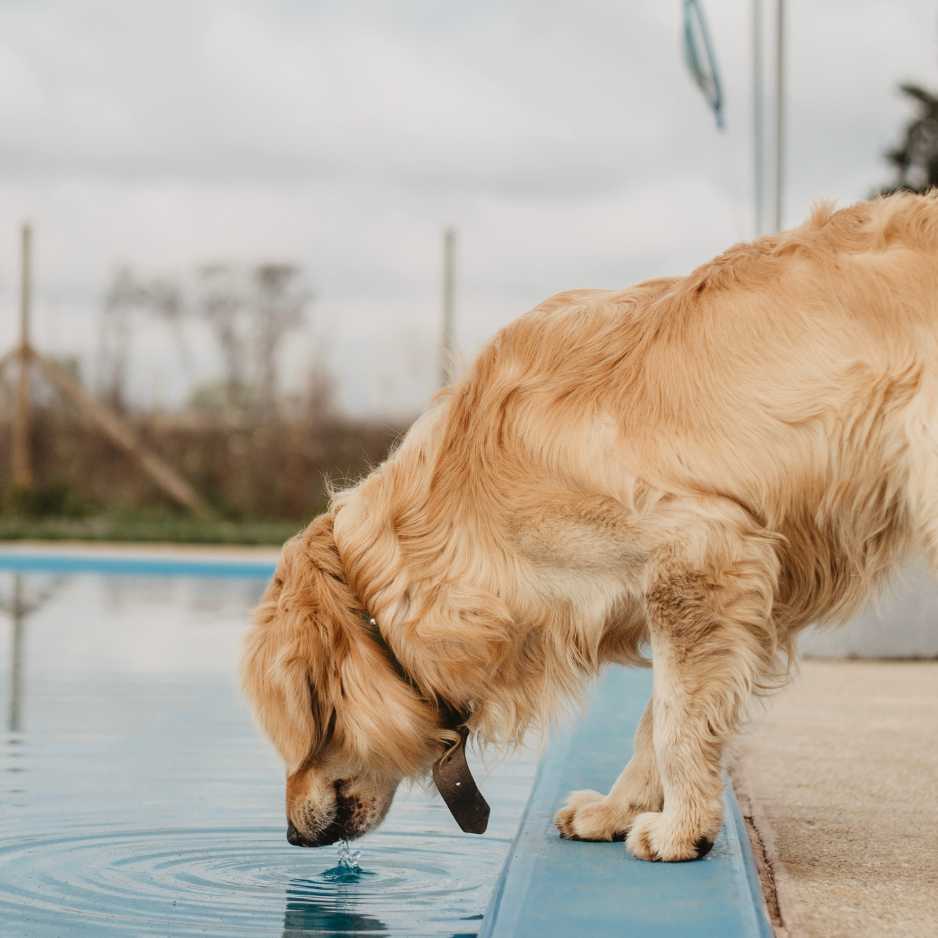
Golden Retrievers weren’t just born fabulous—they were carefully bred to be the ultimate hunting companions. Back in 19th-century Scotland, Lord Tweedmouth (yes, a name straight out of a royal drama) decided he wanted a dog that was both skilled at retrieving game and irresistibly lovable. After some creative matchmaking between a yellow Retriever and a Tweed Water Spaniel (sadly extinct now), the Golden Retriever was born.
Fast-forward to today, Golden Retrievers have gone from retrieving ducks to retrieving tennis balls, socks, and the occasional pizza slice off your kitchen counter. They’re recognized worldwide as loyal family dogs and often moonlight as therapy, guide, and search-and-rescue dogs.
Physical Characteristics
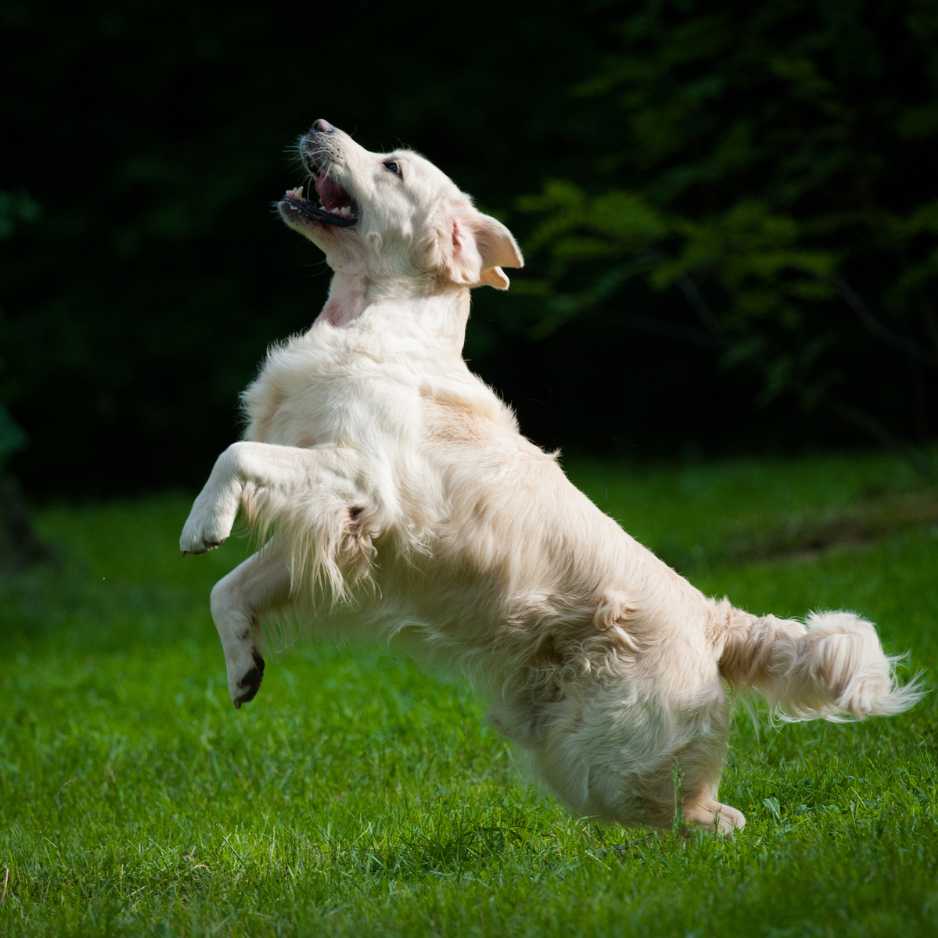
Golden Retrievers are the dog equivalent of supermodels—tall, sleek, and effortlessly photogenic.
- Size: Males are typically 23–24 inches tall, weighing 65–75 pounds, while females are slightly smaller at 21.5–22.5 inches and 55–65 pounds.
- Coat: Their luxurious double coat comes in shades of gold, from light cream to rich amber.
- Eyes: Those soulful brown eyes? Perfect for convincing you that they’ve never been fed in their entire life.
- Tail: Long and feathered, their wagging tail doubles as a happiness meter.
Personality and Temperament

Golden Retrievers are like that one friend who’s always excited to see you, even if you just went to get the mail.
- They’re gentle, friendly, and intelligent, making them excellent companions for families, kids, and even cats (though the cats may have differing opinions).
- They’re social butterflies who thrive on human interaction. Leave them alone too long, and you’ll come home to a guilt-inducing pout.
- Their playful and energetic nature means they’ll happily chase a ball for hours—or until your arm gives out.
Care Requirements
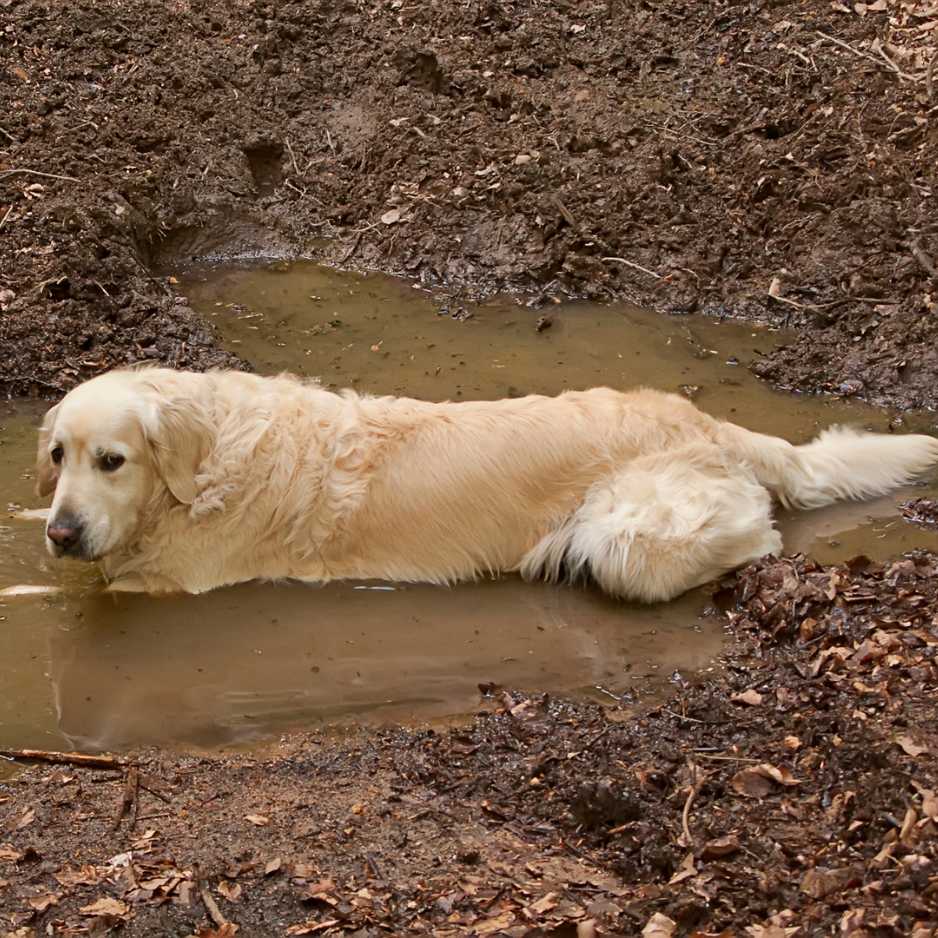
Golden Retrievers eat like they’ve been starved for days, even if they just had breakfast. A balanced diet is crucial to keep them healthy and energetic.
- Feed them high-quality dog food rich in protein and nutrients.
- Avoid human food like chocolate, onions, and grapes (yes, even if they give you the look).
- Split meals into two portions daily to avoid overeating.
Goldens are not couch potatoes. They’re more like that friend who drags you to morning yoga.
- Aim for at least 1–2 hours of exercise daily, including walks, fetch, and swimming (their favorite).
- They love mental stimulation, so puzzle toys and training games are a win-win.
- A tired Golden is a happy Golden—and a less destructive one!
Owning a Golden Retriever means accepting that your wardrobe will always have a hint of fur.
- Brush their coat 2–3 times a week (daily during shedding seasons).
- Bathe them every 6–8 weeks or whenever they decide mud is their new perfume.
- Regularly clean their ears, trim their nails, and brush their teeth to keep them looking—and smelling—fabulous.
Goldens are generally healthy, but they have a few common issues to watch out for:
- Hip dysplasia and elbow dysplasia.
- Cancer, unfortunately, is more common in the breed.
- Heart conditions like subvalvular aortic stenosis (SAS).
Regular vet check-ups and a healthy lifestyle can help keep these issues at bay.
Training and Socialization
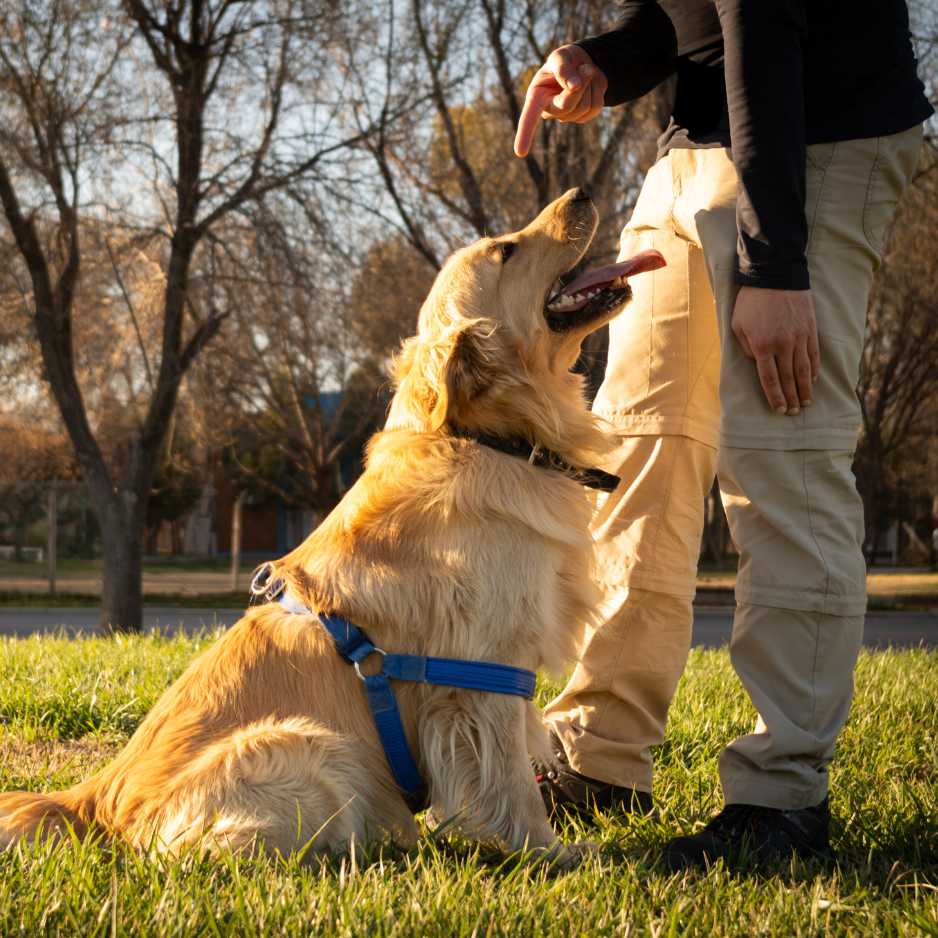
Golden Retrievers are people-pleasers, which makes them a dream to train (most of the time).
- Start with basic commands like sit, stay, and “please stop stealing my socks.”
- Use positive reinforcement—they thrive on treats and praise.
- Early socialization ensures they grow up to be friendly with humans and other animals.
Pro tip: Teach them to fetch your slippers. It’s cute and practical.
Fun Facts About Golden Retrievers
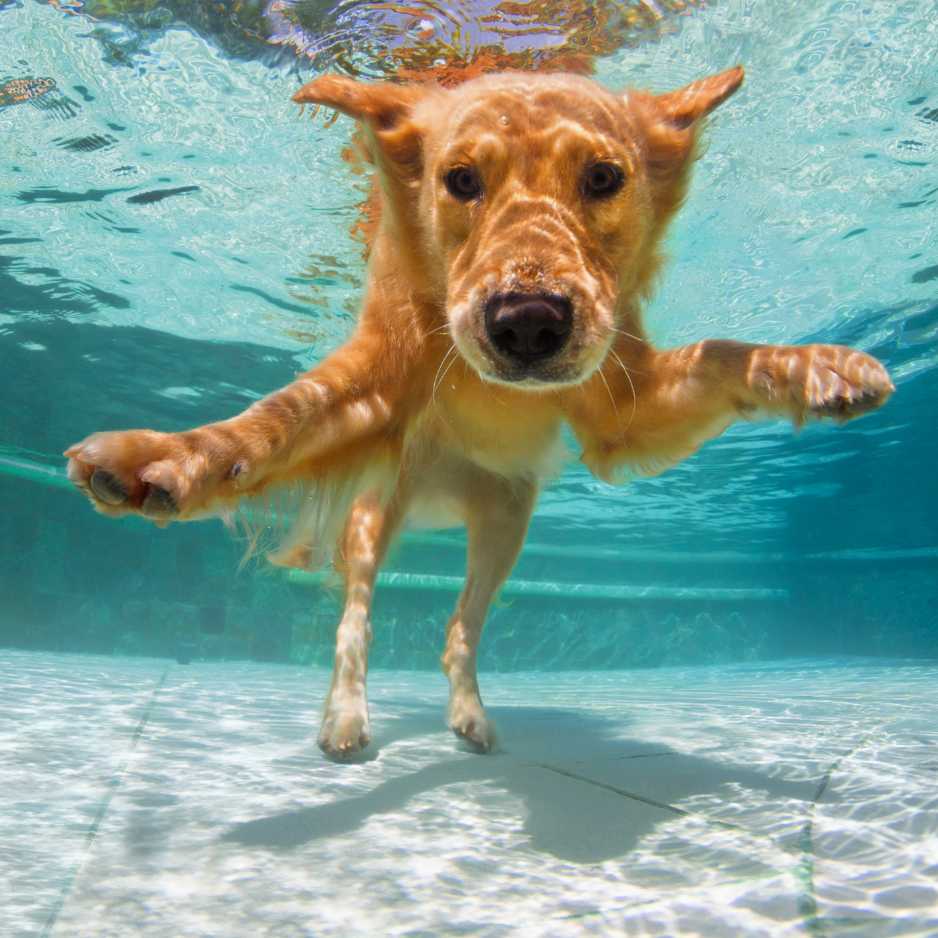
- Goldens starred in movies like Air Bud and Homeward Bound, solidifying their status as canine celebrities.
- They have webbed feet, making them excellent swimmers (and occasionally terrible bathtakers).
- Goldens are known to carry multiple objects in their mouths. Don’t be surprised if they greet you holding a toy, a shoe, and a remote all at once.
Is a Golden Retriever Right for You?

Before adopting a Golden, ask yourself:
- Do you have time for daily walks, playtime, and cuddles?
- Are you okay with shedding (and possibly finding fur in your coffee)?
- Can you handle their boundless energy and occasional goofiness?
If you answered yes, congratulations—you’re about to welcome a lifetime of unconditional love and slobbery kisses.
Golden Retriever Price in India
The average cost of a Golden Retriever puppy in India ranges from ₹20,000 to ₹50,000, depending on factors such as the breeder, location, and the dog’s lineage. Golden Retrievers from reputable breeders with show-quality backgrounds or champion bloodlines can cost between ₹50,000 to ₹1,00,000 or more.
- Adopting a Golden Retriever is also a fantastic choice, as many are available through shelters and rescue organizations, offering an opportunity to provide a loving home to a rescued pet.
Conclusion
Golden Retrievers are more than just dogs; they’re sunshine-wrapped in fur. From their fascinating history to their lovable personality, it’s no wonder they’re one of the world’s most cherished breeds. Whether they’re curling up on your couch or chasing a ball at the park, Goldens brings endless joy and laughter into our lives.
So, what are you waiting for? Go ahead and give your Golden an extra belly rub today—or, if you’re still deciding, maybe it’s time to meet your new best friend.







































